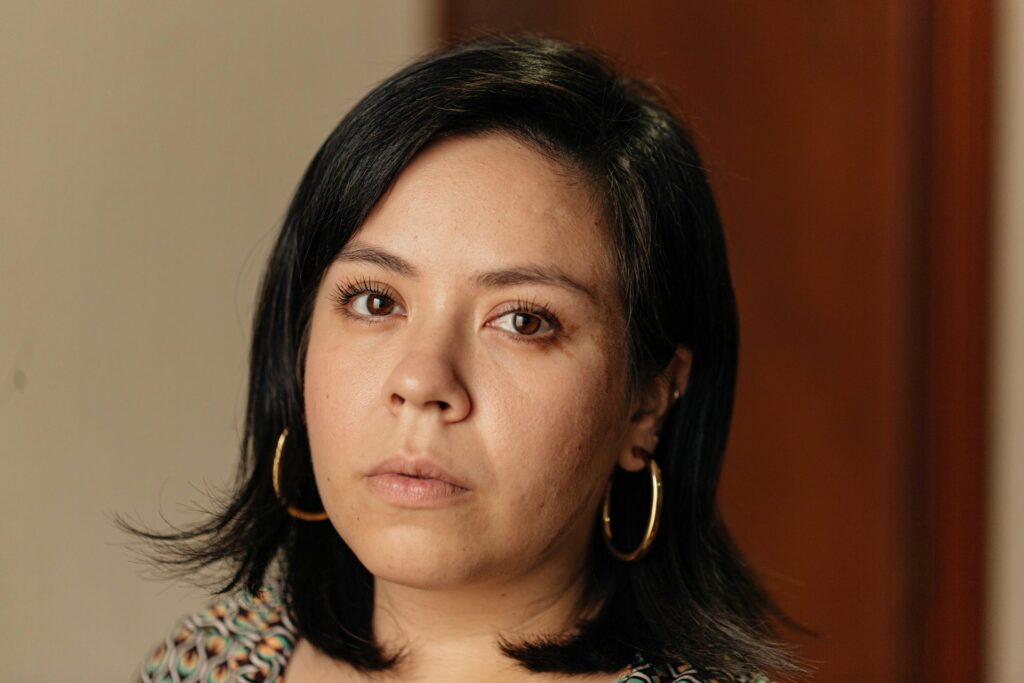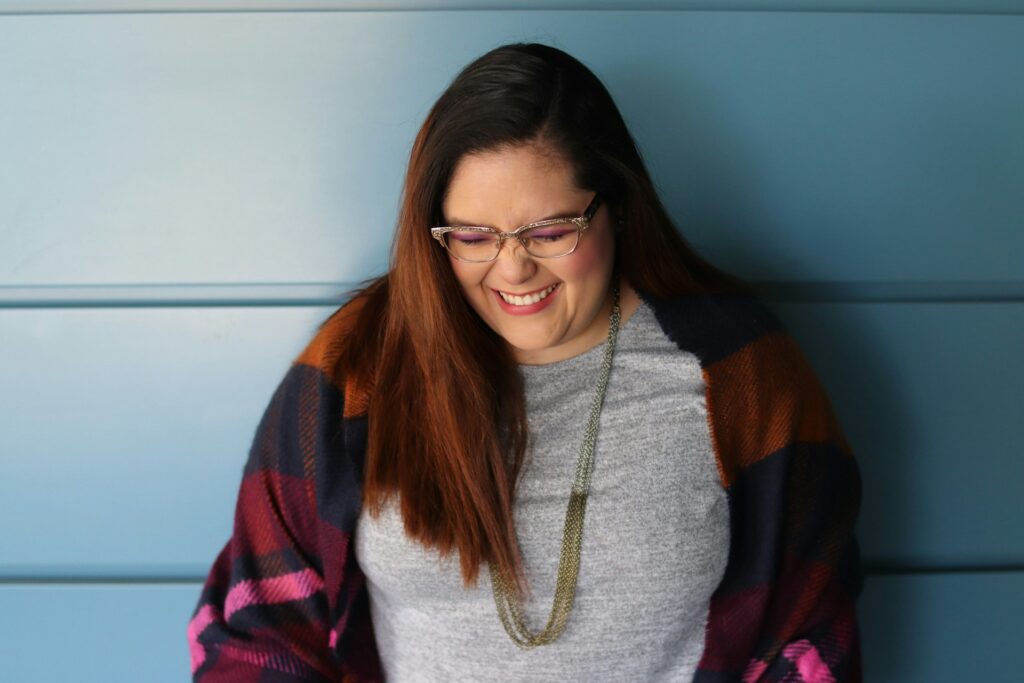Boundaries get talked about a lot, but not always in a way that feels clear or useful.

People talk about how vital they are to have in place, but they don’t exactly explain how to do it or why you need to. The thing is, boundaries aren’t about building walls or pushing people away. They’re about protecting your peace, your time, and your sense of self. If the word still feels vague, here’s what boundaries actually are and why they matter more than you think.
1. They help protect your energy before it runs out.

You don’t need to be completely drained before deciding it’s time to pull back. Boundaries help you manage your energy so you don’t constantly feel wiped out, resentful, or stretched too thin. They’re not just about saying no; they’re about being intentional with what you say yes to. When your energy is protected, your relationships tend to feel more balanced and less like an emotional tug-of-war.
2. They give you space to hear your own voice.

Without boundaries, other people’s opinions, needs, and moods can drown out your own. It’s hard to know what you actually want when you’re constantly managing everyone else’s stuff. Boundaries make it easier to pause, reflect, and check in with yourself. You get to hear your own thoughts again, instead of being pulled in a dozen directions that don’t reflect what you really need.
3. They make relationships feel safer, not colder.

Some people think setting boundaries means distancing yourself from people, but it’s usually the opposite. Boundaries help people show up more authentically because they don’t feel like they have to constantly perform or please. When you know where the line is, there’s less confusion and way less tension. People can relax into the relationship knowing what’s okay and what isn’t. That clarity builds trust, not distance.
4. They stop resentment from building up silently.

When you always say yes but secretly wish you hadn’t, resentment creeps in. You might not say anything at first—but over time, it piles up, and it shows in your tone, your mood, or your distance. Boundaries let you be honest before it gets to that point. They help you say, “I want to help, but I can’t do it right now,” instead of forcing yourself and feeling bitter later.
5. They give you permission to disappoint people.

It’s uncomfortable, but it’s part of growing up emotionally. You will disappoint people sometimes, especially if you stop overextending yourself. Boundaries help you accept that it’s okay to let someone down if it means not abandoning yourself. You’re not responsible for how everyone reacts to your limits. You’re responsible for protecting your wellbeing, so you’re not constantly pouring from an empty cup just to keep the peace.
6. They help you separate what’s yours from what isn’t.

Without boundaries, it’s easy to take on other people’s moods, problems, and expectations as if they’re your own. Suddenly, you’re carrying weight that was never yours to hold. Boundaries help you mentally step back and ask, “Is this mine to fix?” That one pause can save you a lot of emotional overwhelm and keep you grounded in what’s actually within your control.
7. They make your yes mean more.

If you’re constantly saying yes to everything, people might start to expect it, and you might start to resent it. However, when you say no sometimes, your yes becomes intentional, not automatic. It means when you do show up, help out, or say yes to something, it’s genuine. Boundaries bring back meaning to your choices instead of making everything feel like an obligation.
8. They teach people how to treat you.

You’re always teaching people what’s okay and what isn’t, whether you realise it or not. When you don’t speak up, people assume their behaviour is fine. Boundaries change that script. They let everyone know what’s respectful, what’s too much, and what you expect in return. The people who care will adjust. The ones who don’t? That says more about them than it does about your limits.
9. They give you back time you didn’t realise you lost.

Time gets eaten up by small yeses—doing favours, staying in conversations too long, overcommitting. Boundaries help you reclaim that time so you can rest, reset, or focus on what actually matters to you. It’s not about being rigid. It’s about realising that your time is valuable, and it’s okay to use more of it for yourself instead of spreading it thin across things that drain you.
10. They build self-trust.

Every time you set a boundary and stick to it, you send yourself a message: “I’ve got my own back.” That builds confidence in your decisions and helps you stop relying on other people for constant reassurance. After a while, you start to feel more grounded in who you are. You’re no longer adjusting yourself to fit every room. You’re showing up consistently because you know what works for you and what doesn’t.
11. They’re not about punishment; they’re about clarity.

Some people confuse boundaries with ultimatums or control, but that’s not what they’re meant for. They’re not in place to punish anyone; they’re about clearly stating what’s okay and what’s not. When you set a boundary, you’re not trying to control anyone else’s actions. You’re simply letting them know what you’ll do in response if that line gets crossed. That’s empowerment, not manipulation.
12. They help you unlearn people-pleasing.

If you were raised to keep the peace, say yes to everything, or put everyone else first at all costs, boundaries might feel uncomfortable at first. But that discomfort isn’t a sign you’re doing something wrong. It’s a sign you’re doing something different. Boundaries help you unlearn the idea that love has to come with self-sacrifice. They teach you that showing up for yourself doesn’t mean you love people less. It just means you’re loving them from a more honest place.
13. They make healing sustainable.

Healing isn’t just about understanding your past. It’s also about protecting your present. Without boundaries, all that inner work can get undone the moment you step back into draining dynamics. Boundaries keep your healing intact. They help you move forward without constantly getting pulled back into old roles, old habits, or old patterns that no longer serve you. They’re not a wall; they’re a doorway to peace that actually lasts.


